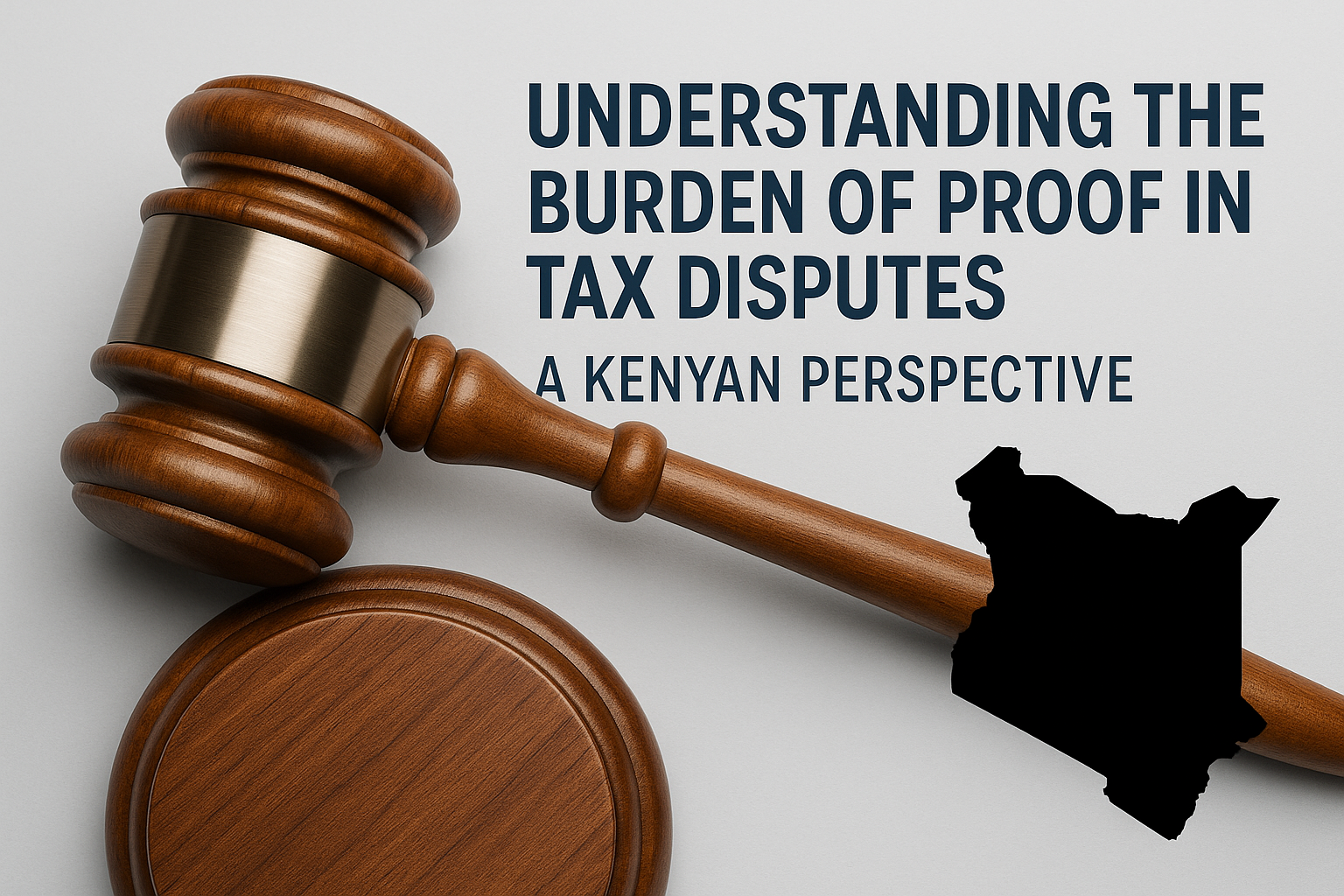As the year approaches its conclusion, businesses are immersed in the critical financial journey of year-end closing procedures. This intricate process transcends mere formality, serving as a pivotal step to ensure accurate financial reporting, regulatory compliance, and a seamless commencement of the upcoming fiscal year. This article explores the common hurdles encountered during year-end closing procedures, shedding light on often-overlooked aspects and emphasizing on the significance of addressing these challenges.
- Reconciliation of Accounts: Ensuring Financial Accuracy
At the core of year-end closing procedures lies the reconciliation of accounts—a meticulous review of all financial transactions to align with corresponding entries in the company’s books. Overlooking this step can lead to discrepancies in financial statements, with potential legal and regulatory implications. Addressing outstanding transactions, including unreconciled bank transactions, open invoices, and pending expenses, is crucial to present an accurate financial position.
- Depreciation: Accurate Asset Valuation
Businesses with tangible assets must accurately calculate and account for depreciation during year-end closing. Failure to do so can result in inflated asset values, leading to inaccurate financial reporting and potential issues during audits. Updating depreciation figures is essential for a precise reflection of asset values on the balance sheet. Any asset revaluation done in the year should be aligned to the fixed asset accounting policy and the correct entries passed.
- Tax Compliance: A Critical Imperative
It is time to pay attention to tax compliance during year-end closing procedures. A comprehensive review of all tax-related documents is foundational to mitigate the risk of penalties and legal entanglements. Businesses must remain vigilant in tracking and understanding modifications to tax laws, ensuring adherence to existing regulations. Failure to enact due diligence may lead to repercussions that extend beyond immediate fiscal implications, underscoring the pivotal role of tax compliance in fortifying financial integrity.
- Accruals and Deferrals: Integral Accounting Adjustments
Accruals and deferrals play a pivotal role in maintaining financial transparency and accountability. Accruals recognize revenue or expenses incurred but not yet recorded, aligning financial statements with economic activities. Deferrals strategically postpone revenue or expense recognition to uphold the matching principle. Neglecting these adjustments during year-end closing can result in distorted financial reports, impacting decision-making processes.
- Employee-related Obligations: Accurate Cost Reflection
Accrued bonuses, vacation pay, and other employee-related obligations must be accurately accounted for during year-end closing. Failure to do so can result in financial discrepancies and discontent among employees if promised benefits are not properly reflected in financial statements.
- Inventory Valuation: Impact on Profitability
For businesses involved in the sale of goods, accurate inventory valuation is critical during year-end closing. The value of inventory directly affects the cost of goods sold and, consequently, the company’s profitability. Incorrectly valuing inventory can distort profitability reporting and key financial ratios and mislead stakeholders.
- Contractual Obligations: Comprehensive Financial Reporting
Examination of contracts and commitments is often overlooked but it is of paramount significance. Reviewing contractual obligations ensures comprehensive and accurate financial reporting, identifying impending liabilities or obligations. This proactive approach safeguards financial integrity and contributes to robust fiscal planning.
- Financial Statement Disclosures: Enhancing Transparency
Financial statement disclosures (through notes), though often underestimated, constitute a crucial component of year-end closing procedures. These notes provide details and context, enhancing transparency and facilitating a comprehensive understanding for stakeholders. Neglecting their maintenance can jeopardize the integrity of financial reporting.
CFOs and the Pitfalls of Creative Accounting
While year-end closing procedures are essential for financial integrity, it is crucial to be aware of potential pitfalls associated with creative accounting practices. CFOs, entrusted with financial reporting responsibilities, may be tempted to engage in practices commonly referred to as “cooking the books.” Understanding these practices is essential for readers of financial statements to discern potential misrepresentations.
Conclusion
Navigating these common hurdles during year-end closing procedures, businesses can ensure accurate financial reporting, regulatory compliance, and a solid foundation for the upcoming fiscal year. This strategic undertaking shapes the financial narrative of a business and sets the stage for future success, emphasizing the importance of meticulous attention to detail in the realm of finance and accounting.
Year-end closing procedures demand meticulous attention to detail and a thorough understanding of various financial aspects. Reconciliation, outstanding transactions, depreciation, tax compliance, accruals and deferrals, employee-related obligations, inventory valuation, contract review, and financial statement footnotes are all integral components that must not be grossed over. By addressing these aspects with precision and care, businesses can ensure accurate financial reporting, compliance with regulations, and a solid foundation for the upcoming fiscal year. Year-end closing is not just a routine task; it is a strategic undertaking that shapes the financial narrative of a business and sets the stage for future success.
About The Guest Author:
CPA Michael M Nzule is the Finance & Strategy Director of Mitchell Cotts Freight Kenya Limited, a leading total logistics solutions provider in Kenya. He holds an MBA in Accounting with specialization in Marketing, and a Bachelors of Commerce (Accounting Option Hons) from the University of Nairobi. He’s a member of the Institute of Certified Public Accountants of Kenya (ICPAK). Views expressed in here-in are personal. You can commune with him via mail at: Michael.nzule@mitchellcotts.co.ke; Mikemaithyanz@gmail.com or maithyanzule@yahoo.co.uk














